Two more juniors consolidate as full group leaders
Lorenzo Albertazzi and Nuria Montserrat, IBEC’s Junior Group Leaders selected in the 2014 Tenure Track programme, have been successfully consolidated as Group Leader as of 1st January 2019, following a positive evaluation by the ISC.
IBEC’s tenure track programme aims to support career development by helping young researchers establish their own independent research lines. Other factors considered included the added value offered by their projects to the current IBEC research programme, and the ability of the selected candidates to carry out efficient group leadership and management.
The first four junior group leaders selected by the programme in 2012 – Eduard Torrents, Elisabeth Engel, Pere Roca-Cusachs and Xavier Fernández-Busquets – were all successfully consolidated as Senior Group Leaders as of 1st January 2017.

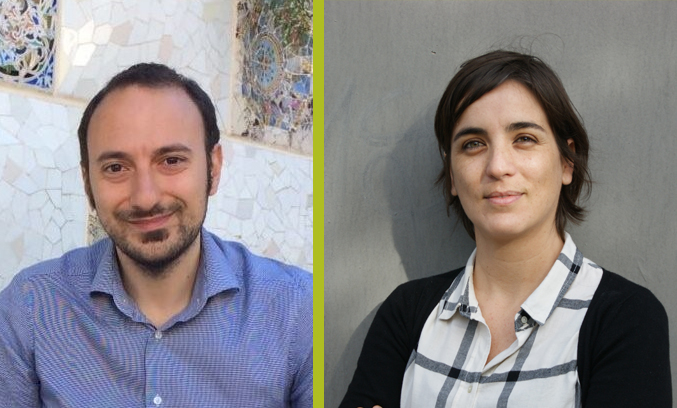
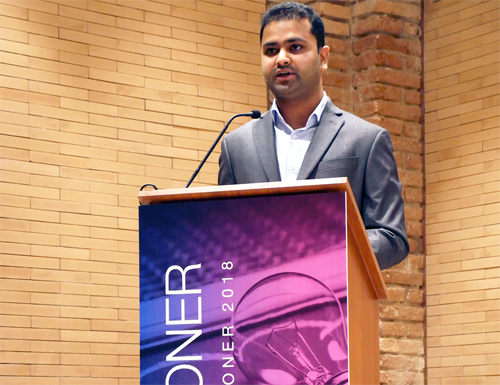

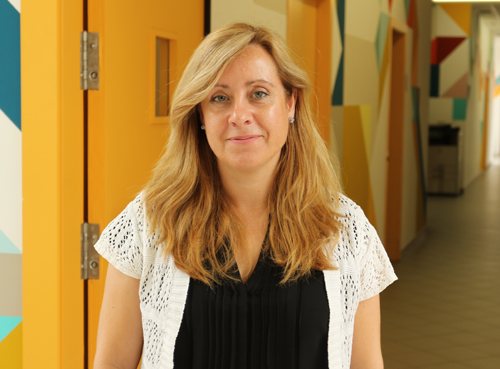
 IBEC group leader Silvia Muro has been granted funding in MINECO’s ‘Explora Ciencia’ and ‘Explora Tecnología’ 2017 call.
IBEC group leader Silvia Muro has been granted funding in MINECO’s ‘Explora Ciencia’ and ‘Explora Tecnología’ 2017 call.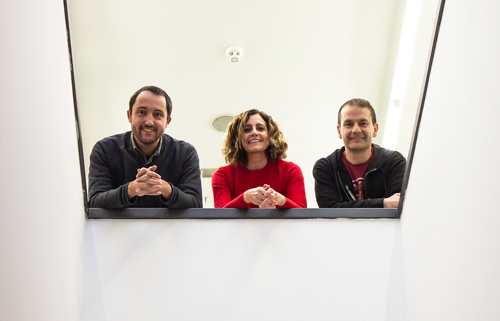
 The biotechnology company Iproteos, IBEC and the Vall d’Hebron Research Institute (VHIR) are set to develop an innovative treatment to slow down, stop and even reverse the growth of solid tumors, which represent more than 90% of cancer cases.
The biotechnology company Iproteos, IBEC and the Vall d’Hebron Research Institute (VHIR) are set to develop an innovative treatment to slow down, stop and even reverse the growth of solid tumors, which represent more than 90% of cancer cases.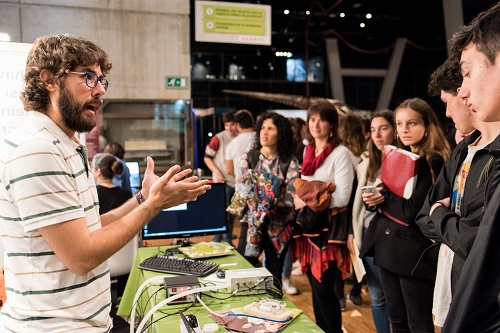
 This year an IBEC project has won the Fira Recerca en Directe 2019’s public poll for most popular project, with 26.94% of the votes.
This year an IBEC project has won the Fira Recerca en Directe 2019’s public poll for most popular project, with 26.94% of the votes.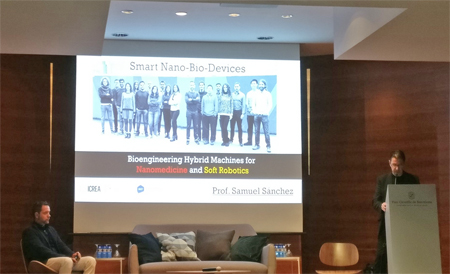
 The nanoBio&Med2018 International Conference opened today with IBEC Director Josep Samitier chairing the first round of talks, in which group leader Samuel Sanchez is the first speaker.
The nanoBio&Med2018 International Conference opened today with IBEC Director Josep Samitier chairing the first round of talks, in which group leader Samuel Sanchez is the first speaker.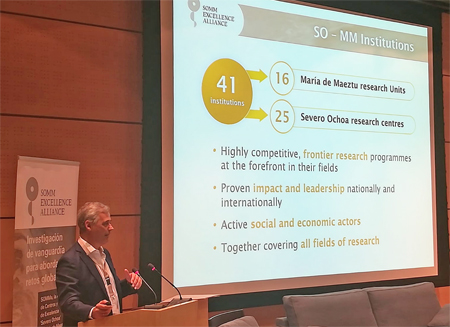
 Today Spain’s Severo Ochoa Centres of Excellence – including IBEC – and the María de Maeztu Units of Excellence are at the CNIO in Madrid for 100xCiencia.3, the annual event of the
Today Spain’s Severo Ochoa Centres of Excellence – including IBEC – and the María de Maeztu Units of Excellence are at the CNIO in Madrid for 100xCiencia.3, the annual event of the 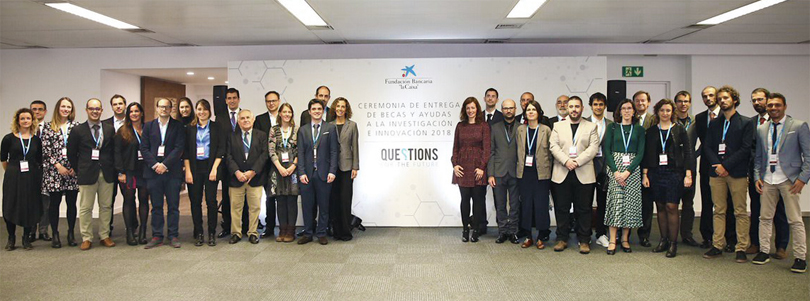
 IBEC researchers were in the limelight today at the awards ceremony for the “la Caixa” fellowships and grants for research and innovation calls.
IBEC researchers were in the limelight today at the awards ceremony for the “la Caixa” fellowships and grants for research and innovation calls.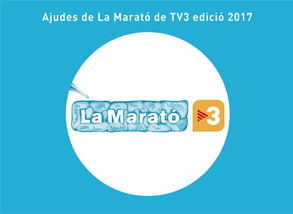
 Projects led by IBEC group leader Xavier Fernandez-Busquets and Associated Researcher Antonio Juarez have received funds from 2017’s La Marató de TV3 fundraising campaign.
Projects led by IBEC group leader Xavier Fernandez-Busquets and Associated Researcher Antonio Juarez have received funds from 2017’s La Marató de TV3 fundraising campaign.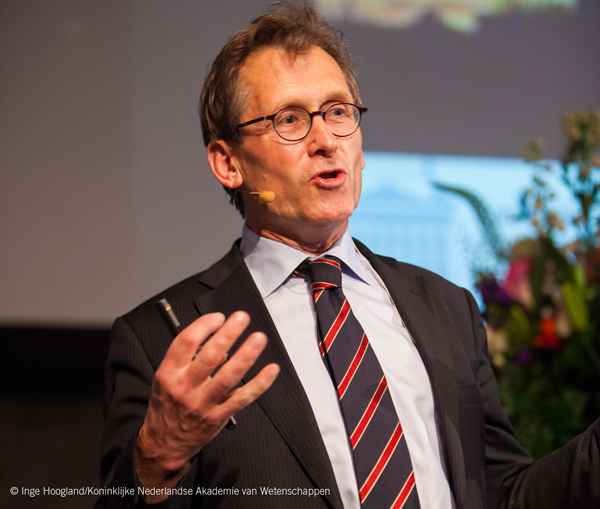
 Ben Feringa (left), Nobel Prize in Chemistry winner in 2016, will be one of the speakers at the second International Symposium on Photopharmacology (ISPP2018) on 1st-2nd November.
Ben Feringa (left), Nobel Prize in Chemistry winner in 2016, will be one of the speakers at the second International Symposium on Photopharmacology (ISPP2018) on 1st-2nd November.